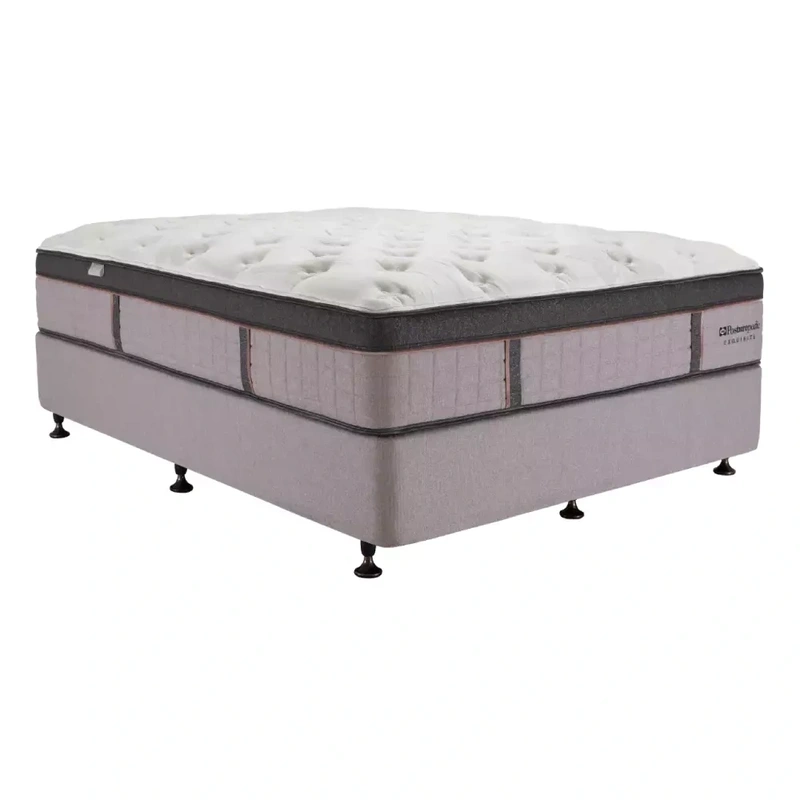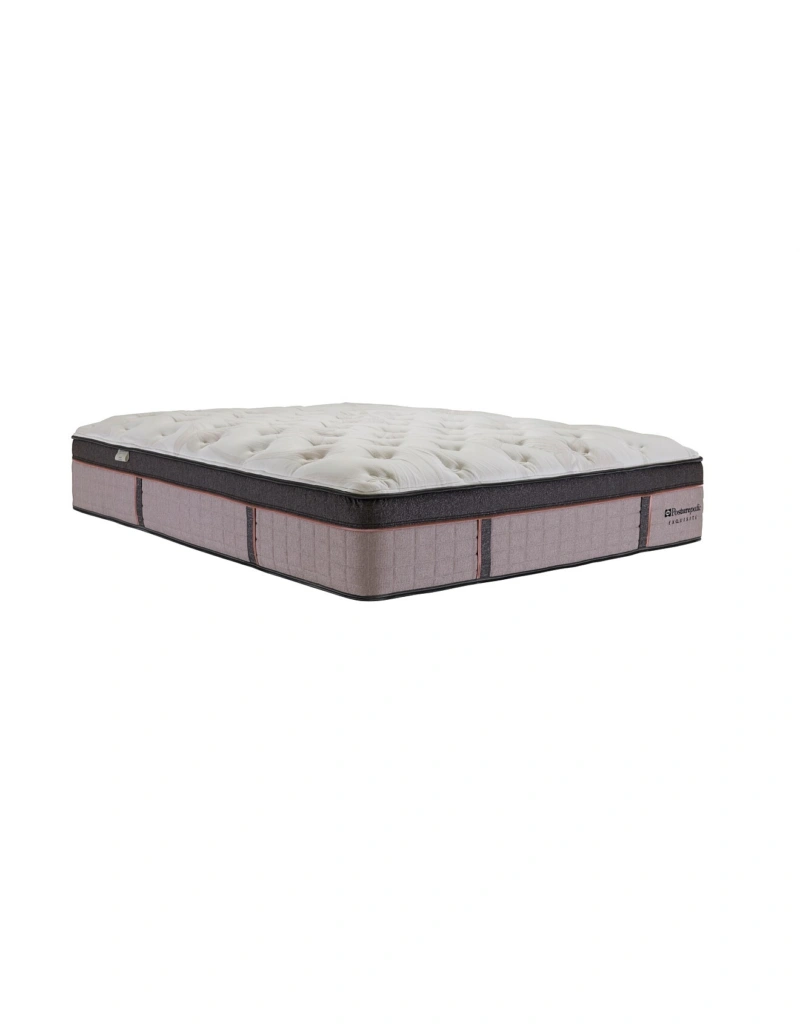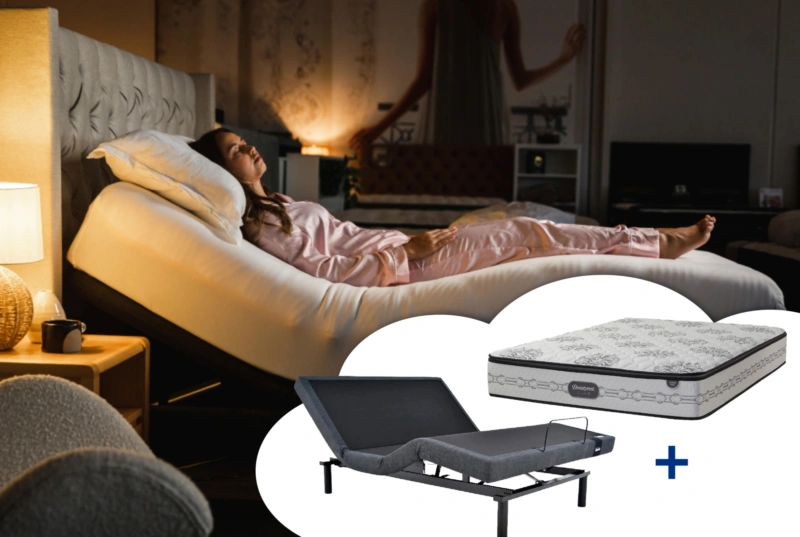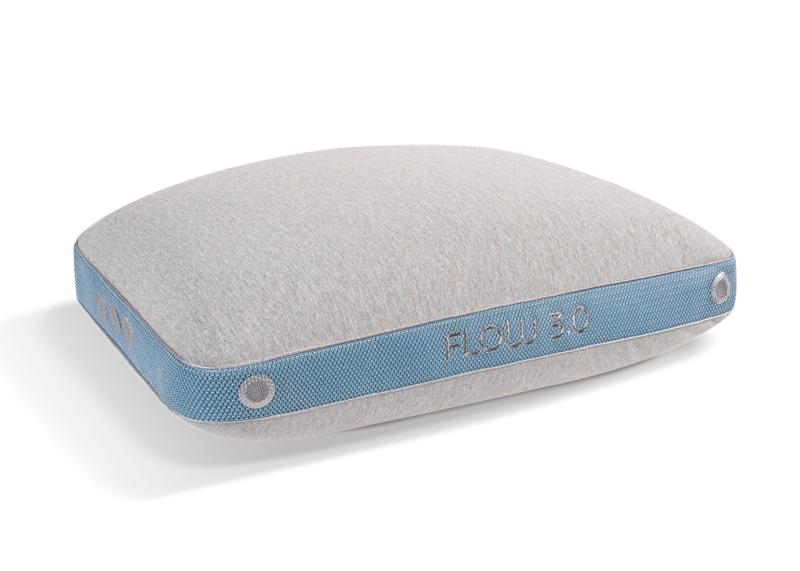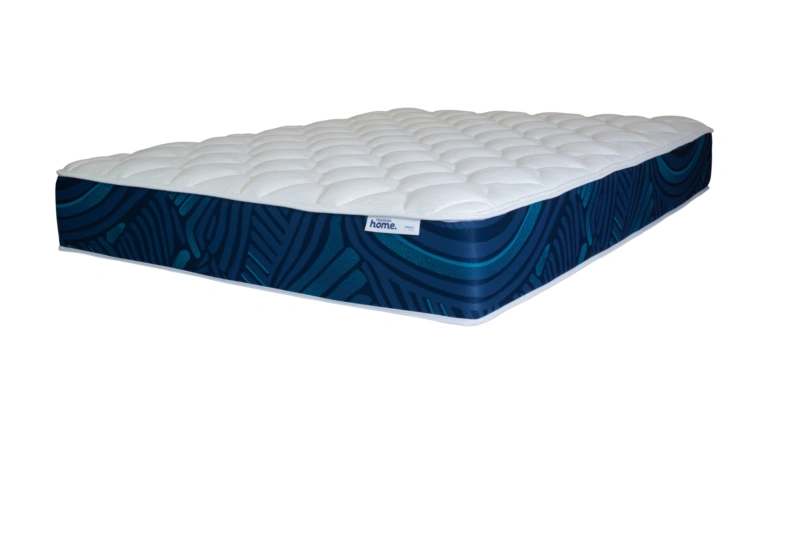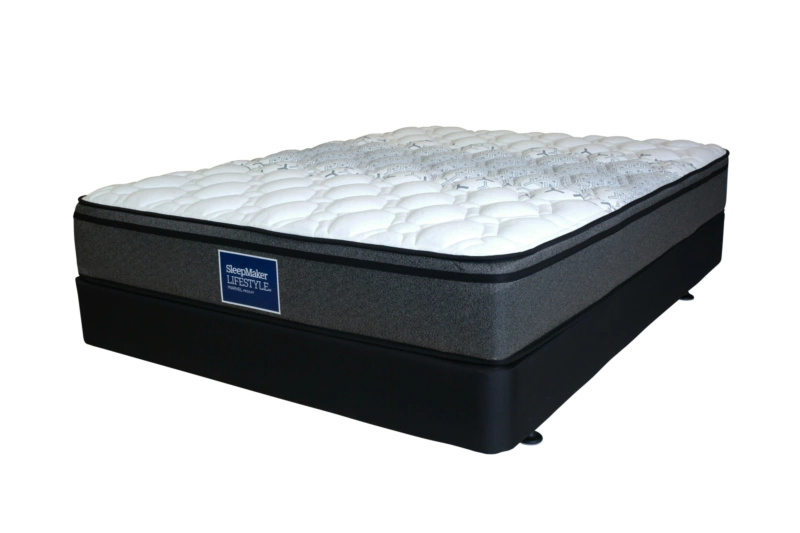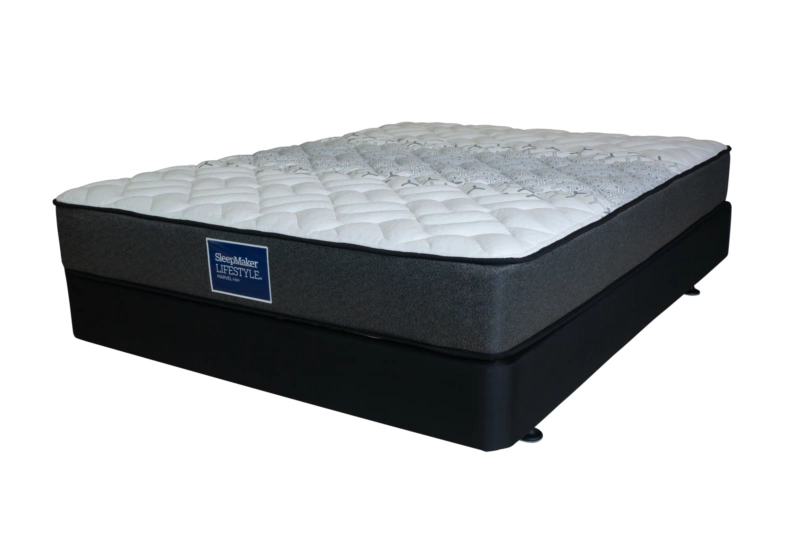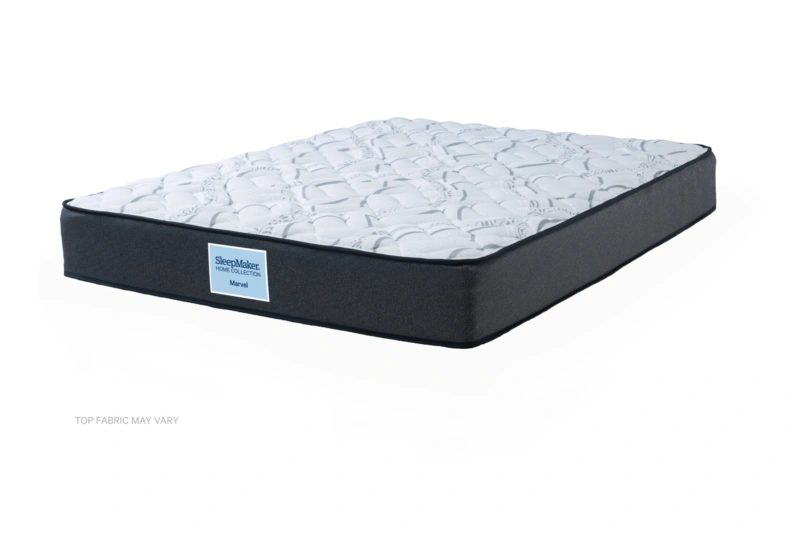
What Causes Sleep Talking, and How do You Fix it?
What Causes Sleep Talking, and How Do You Fix it?
Have you ever been accused by your partner, friend, or family member of babbling late at night – while you’re asleep? Chances are, you’re experiencing somniloquy or a type of parasomnia. And while talking in your sleep may be completely harmless, this behaviour during sleep may indicate a more serious sleep disorder or health condition. The good news is - you’re not alone. One survey found that 66.8% of respondents experienced sleep talking. It’s one of the most common abnormal behaviours that occur during sleep. But what exactly causes sleep talking, and how do you stop it? Read on to find out.
What is Sleep Talking?
Sleep talking is a sleep disorder defined as talking during sleep without being aware. The sleep disorder may range from declaring audible expressions to saying gibberish words and incomprehensible mumbling while sleeping. It can happen during rapid eye movement (REM) or non-REM sleep and tends to be short-lived.
What Causes Sleep Talking?
Sleep experts aren’t exactly sure what causes sleep talking and if the sleeping disorder has a connection to dreams. Some people experience night terrors, which involve shouting during sleep. Other factors that can cause sleep talking include stress levels, certain medications, and substance use.
Is Sleep Talking Something to be Concerned About?
Most experts say sleep talking shouldn’t concern you. It doesn’t influence your sleep, nor does it have the capability to cause any problems. However, it can be a nuisance if sleep talking interrupts other people’s sleep. It can also be embarrassing or cause conflict with those who hear them. You may wake up the next day with an angry partner throwing a pillow at you – oops, awkward!
In rare cases, sleep talking may indicate an underlying health condition. If you’re suffering from sleep talking accompanied by other sleeping problems, such as insomnia, sleep apnea, or excessive drowsiness, it's best to seek the help of a medical professional.
Can You Stop Sleep Talking?
There are still many aspects of sleep talking that we don’t understand. Therefore, it can be hard to state proven methods to stop sleep talking. Treatment is almost unnecessary because sleep talking is relatively harmless.
However, those who want to limit their sleep talking episodes may want to focus on sleep hygiene and practise healthy sleep routines. Some of the ways you can achieve higher-quality sleep are through:
Regular Physical Activity
Being active during the day and having enough exposure to daylight can help adults fall faster to sleep and decrease the amount of time they lie awake in bed at night.
No Caffeine After the Morning
Caffeine is a stimulant that may prevent you from getting drowsy when it's time for bed. Avoid caffeine at least six hours before bedtime.
A Conducive Sleeping Environment
Your sleeping environment greatly impacts your quality of sleep. Giving yourself the space to relax within a calming atmosphere conducive to sleep will allow those Zzzs to come faster. You can do this through:
• Dimming the lights
• Putting away electronic devices from the bedroom
• Setting a comfortable sleeping space with quality pillows, firm mattresses, and clean beddings
• Keeping the temperature of the room between 60 to 67 degrees Fahrenheit
Put the Talking to Rest with Bedpost
There’s no one way to cure sleep talking, but investing in a sturdy bed, a good mattress, and quality pillows is a great way to establish a safe sleeping environment. The Bedpost team can help you find premium mattresses and pillows. We carry hand-picked brands that will give you a good night’s rest – minus the chatter. Find a store near you today.

